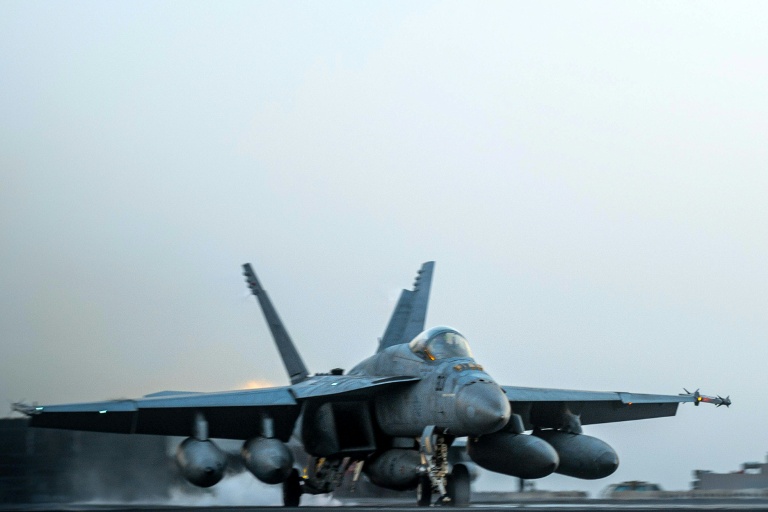Washington (AFP) – Operatives from Iran and its Lebanese ally Hezbollah are working inside Yemen to support Huthi insurgents’ attacks on international shipping, a US official said Tuesday.
Tim Lenderking, the US special envoy for Yemen, told a Senate subcommittee that Iran’s clerical state was “equipping and facilitating” the Huthi attacks, which have triggered retaliatory US and British strikes on Yemen.
“Credible public reports suggest a significant number of Iranian and Lebanese Hezbollah operatives are supporting Huthi attacks from inside Yemen,” Lenderking said.
“I can’t imagine the Yemeni people want these Iranians in their country. This must stop,” he said.
The White House said in December that Iran was “deeply involved” in planning the attacks, which the Huthis say are acts of solidarity with the Palestinians in the Israel-Hamas war.
Lenderking, who has dealt with the Huthis since the start of President Joe Biden’s administration as he helped diplomacy to freeze a brutal civil war, acknowledged that the rebels have not been deterred.
“The fact that they continue this, and have said publicly that they will not stop until there’s a ceasefire in Gaza, is an indication that we’re not yet at the point, unfortunately, where they do intend to dial back,” Lenderking said.
The bombing campaign drew skepticism from some senators from Biden’s Democratic Party.
Chris Murphy, who heads the Senate Foreign Relations subcommittee on Middle East, agreed that the United States has “an obligation to respond” to attacks on shipping but added, “I do worry about the efficacy.”
He noted that US and UK strikes have hit a number of sites struck by a massive 2015-2022 Saudi-led air campaign against the Huthis.
“If 23,000 air strikes by the Saudis weren’t effective in moving the needle militarily and restoring deterrence, how can we be confident that our campaign of air strikes is going to have a different outcome?” Murphy asked.
The Huthis, who control war-torn Yemen’s most populated areas, have previously reported the death of 17 fighters in Western strikes targeting their military facilities.
The Huthi attacks have had a significant effect on traffic through the busy Red Sea shipping route, forcing some companies into a two-week detour around southern Africa. Last week, Egypt said Suez Canal revenues were down by up to 50 percent this year.




